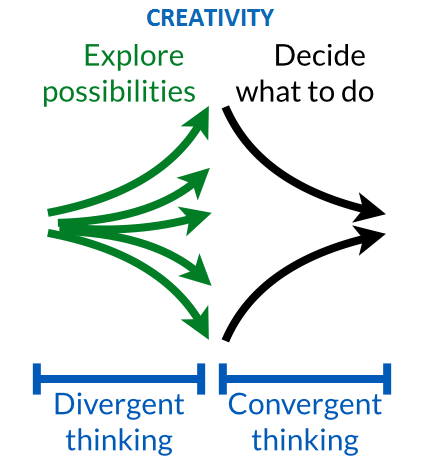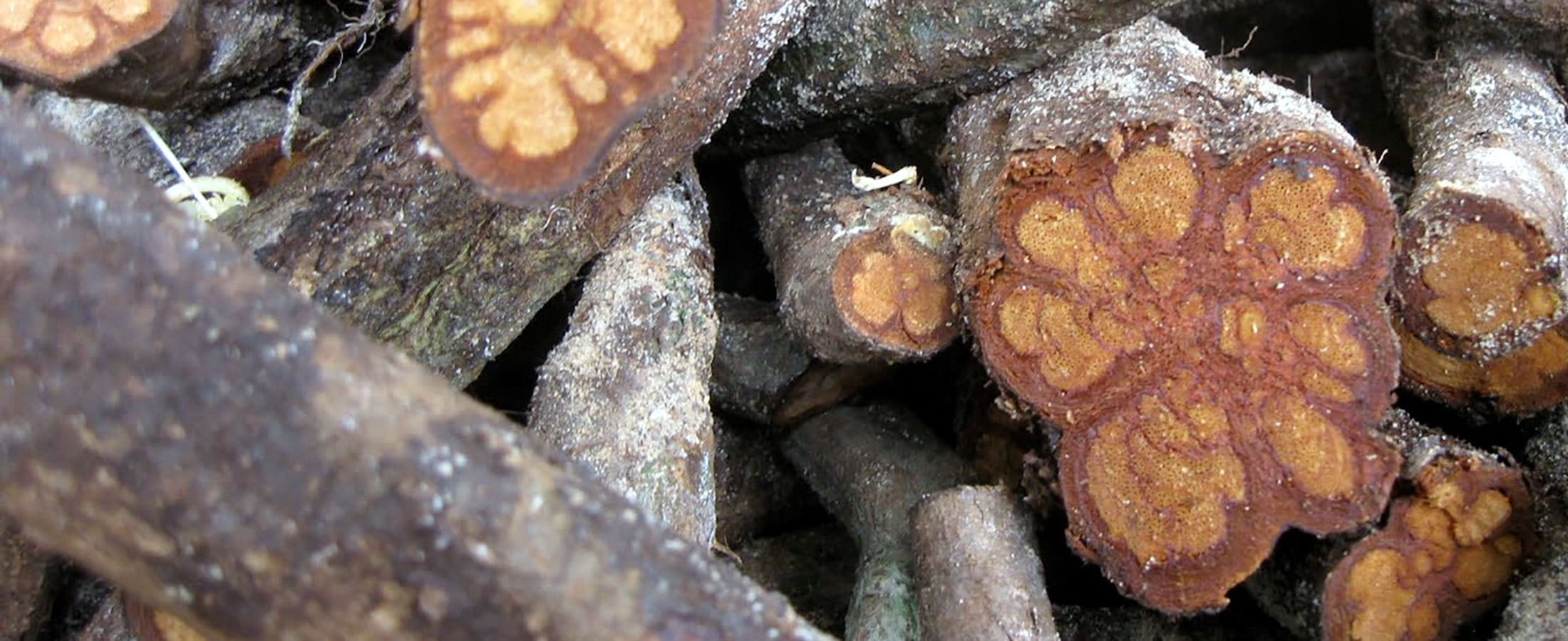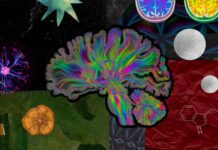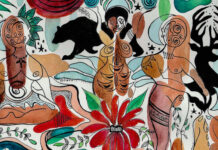- Getting at the Root of Ayahuasca’s Therapeutic Potential - May 17, 2018
Laughter is the reaction I often face when I tell people that my research demonstrates that MDMA enhances empathy and that ayahuasca improves creativity. Why put a lot of money into science to prove the already obvious? Well, there are a number of answers to this question; number one being that if we want to convince psychiatrists that these substances should enter their clinical practices, it is easier when we know how they work. My argument is that science will help get at the root of ayahuasca’s therapeutic potential.
Psychedelics have the big advantage that they have already been tested abundantly by man with, in general, an absence of serious adverse events. From user reports, we also know what kind of claims we should investigate. In the 60s, there were reports that psychedelics could lead to enhancement of creativity. When you want to investigate this claim, you first have to define what creativity is. According to Steve Jobs, creativity is “just connecting things” and “the ability to connect experiences and synthesize new things.”
 Creativity is a multicomponent construct that includes divergent and convergent thinking. While convergent thinking is focused on finding conventional solutions, divergent thinking is about generating as many innovative ideas or solutions that may be of equal or higher value to the individual and/or society as possible (see figure). Furthermore, divergent thinking is a useful estimate of the potential for creative thought in daily life; it can be regarded as “flexible” thinking.
Creativity is a multicomponent construct that includes divergent and convergent thinking. While convergent thinking is focused on finding conventional solutions, divergent thinking is about generating as many innovative ideas or solutions that may be of equal or higher value to the individual and/or society as possible (see figure). Furthermore, divergent thinking is a useful estimate of the potential for creative thought in daily life; it can be regarded as “flexible” thinking.
Together with Jordi Riba, we investigated the effects of ayahuasca in a naturalistic setting on both types of creative thinking 1. At two different locations, we administered a test called the Picture Concept Test (PCT) before and after consumption of ayahuasca. In the PCT, individuals are shown a matrix filled with 4 to 16 colorful pictures of objects and/or animals. One picture per row has to be logically connected to another, with only one correct solution. There are 28 matrices and the number of correctly given answers is summed; the result is an indication of convergent thinking abilities. After each “convergent thinking” answer, the participant is also asked to think outside of the box and to come up with as many associations as possible within one minute. The total number of answers is afterwards corrected for the originality of the answer within the group of participants. This is done to correct the quantity for the quality, since many answers are not “better” when everybody gives the same answer. The other way around, a low number of answers might be very good if they are all unique answers within the group. The ratio of number of associations and originality of answers is an index for divergent thinking. Performance on the PCT before ayahuasca served as a baseline measure to compare performance after ayahuasca for each person.
Our findings showed that, after ingestion of the brew, divergent thinking was improved. Convergent thinking, however, was impaired compared to baseline performance of the individuals. The finding that divergent, “flexible” thinking is enhanced by ayahuasca is valuable information in light of therapy for people who are stuck in a certain fixed thinking patterns, as is the case in depression. The gain in flexible thinking came, however, at the cost of impaired convergent thinking. It is clear that intact convergent thinking is of pivotal importance in the therapeutic setting; after the generation of novel associations during the first, divergent thinking phase, one should be able to sort out these insights and come to a new thought pattern (see figure).
In this first study, however, we assessed creative thinking only when individuals were under the acute effects of ayahuasca. It is known that psychedelics also exert effects on the longer term. We are therefore currently investigating both the acute and the longer-term effects of ayahuasca on creativity. We hope to replicate our previous findings and to add the finding that convergent thinking is restored or enhanced in the days after ayahuasca use. In this second study, we have also added a measure of “empathy.” Empathy is the ability to know and feel what the other is feeling, and it is impaired in patients suffering from depression and anxiety disorders. Previously, it was shown that psychedelics can enhance empathy. In addition, it is known that creativity and empathy are associated in a positive way, meaning that higher levels of empathy are linked with higher levels of creativity. We aim to test whether this association is also true after the ingestion of ayahuasca.
The next steps will be to investigate the role of the environmental setting in the “ayahuasca effect,” since it is well known that the quality of both the creative process and the psychedelic experience are influenced by this. Natural landscapes and the use of natural elements have been shown to enhance creativity and mood, and this factor is worth looking into. Understanding the role of external factors will enable us to optimize the therapeutic process and, consequently, the efficacy thereof.
While the current study, which demonstrated ayahuasca-induced enhancement of flexible thinking, was a step in getting at the root of ayahuasca’s therapeutic potential, many future scientific steps still have to be taken. Together, they will pave the way for ayahuasca’s entrance into the clinical setting.
References
- Kuypers, K., Riba, J., de la Fuente Revenga, M., Barker, S., Theunissen, E., & Ramaekers, J. (2016). Ayahuasca enhances creative divergent thinking while decreasing conventional convergent thinking. Psychopharmacology (Berl.), 233(18), 3395–403. ↩
Take a minute to browse our stock:
Did you enjoy reading this article?
Please support Chacruna's work by donating to us. We are an independent organization and we offer free education and advocacy for psychedelic plant medicines. We are a team of dedicated volunteers!
Can you help Chacruna advance cultural understanding around these substances?














